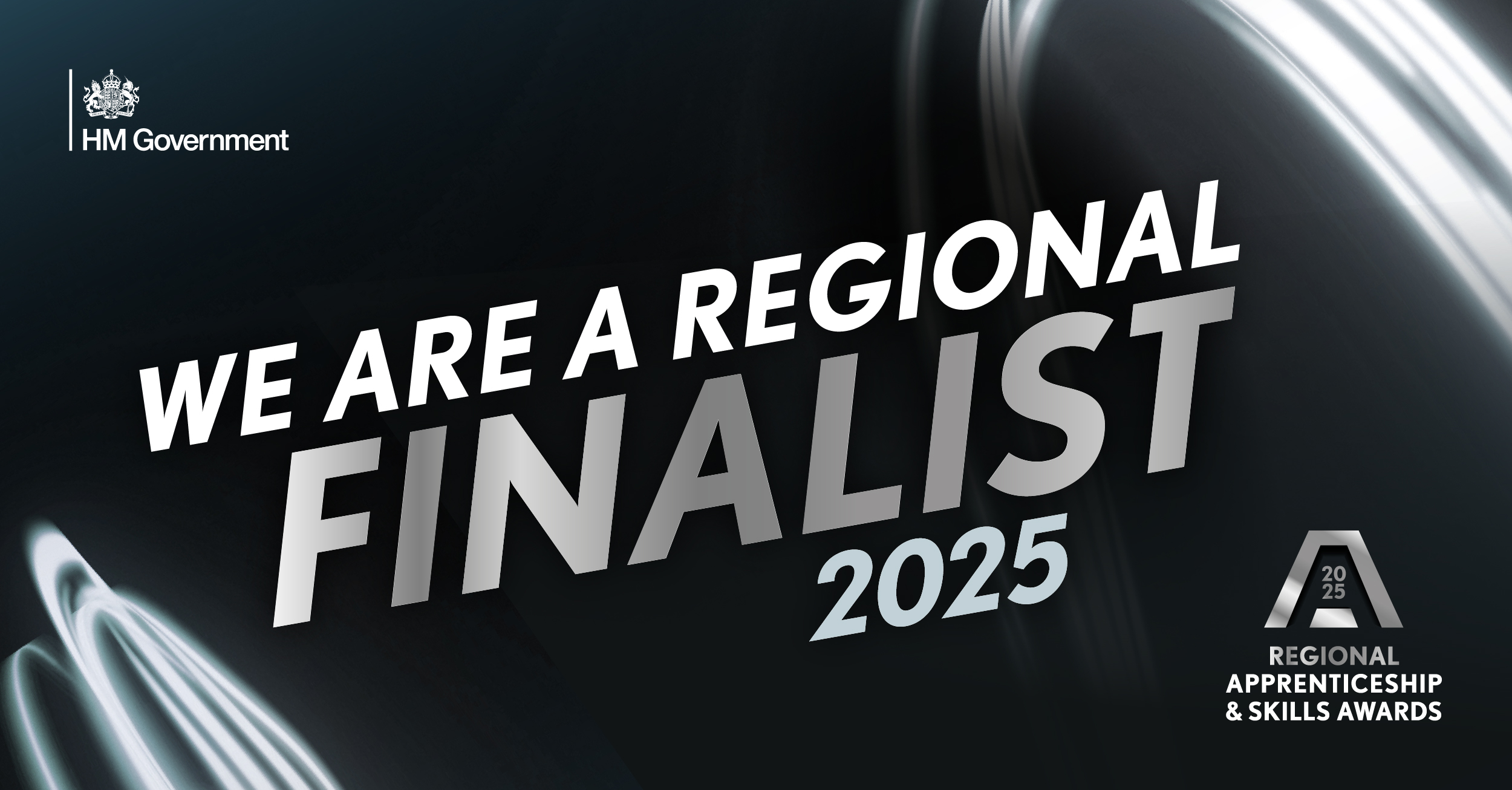We're for #World Wetlands Day
%20(1).jpg)
Did you know that 35% of the world’s wetlands have disappeared in the last 50 years?
#WorldWetlandsDay strives to celebrate and highlight the best practices and benefits of wetland restoration, from replenishing and filtering water supplies to blunting the impact of flooding and restoring native flora and fauna.
Our Natural Flood Management projects and partnerships act from the root. They focus on upland preventative measures and tackle the cause of flooding before it’s too late, both supporting and championing our wonderful moors and all they can do for us!

What can our moors do for us?
When working properly, our moors provide us with a constant supply of clean water by holding, storing, filtering and releasing water slowly after heavy rain, which supports flood prevention.
At a time when we are losing biodiversity at an alarming rate, our moorlands are home to a wealth of animals, plants and fungi – from heather and mosses to insects, waders and grouse.
.jpg)
What has happened to the moors in the past to have stopped them working properly?
Damage to vegetation cover and the drying out and erosion of peat is due to overgrazing, fires, air pollution from the industrial revolution and water drainage.
This has resulted in water coming off the moors at a much greater rate, which increases the risk of flooding and causes more erosion and loss of habitat. As this water carries peat in its flow, it inevitably ends up in our waterways and reservoirs, requiring water company resources to remove and filter it from our water.
What are we doing to change the moors back to how they should be ?
'Gully blocking' using natural materials creates pools of water. Improving the habitat slows down the flow of water and disperses its energy, causing less erosion.
.jpg)
%20(1).jpg)
.jpg)
Replanting bog plants such as sphagnum moss and cottongrass will help restore the land back to it's natural state. Sphagnum moss also takes carbon out of the atmosphere and stores it in the surrounding peat. By taking harmful greenhouse gases out of the atmosphere, it is also helping to reduce global warming!


Find out more about our sphagnum moss planting project as part of the Moors for the Future Partnership here.
Last but not least, we are helping to restore a natural environment that enhances wellbeing and that everyone can enjoy - somewhere for people to relax and experience the natural beauty and abundant wildlife when walking and exploring the area.
What can you do to help?
World Wetlands Day is the ideal time to increase people’s understanding of these critically important ecosystems. World Wetlands Day is open to everyone as these ecosystems are important for us all.
Join #GenerationRestoration and find our more how you can get involved at www.worldwetlandsday.org
Latest news

.jpg)
.jpg)


